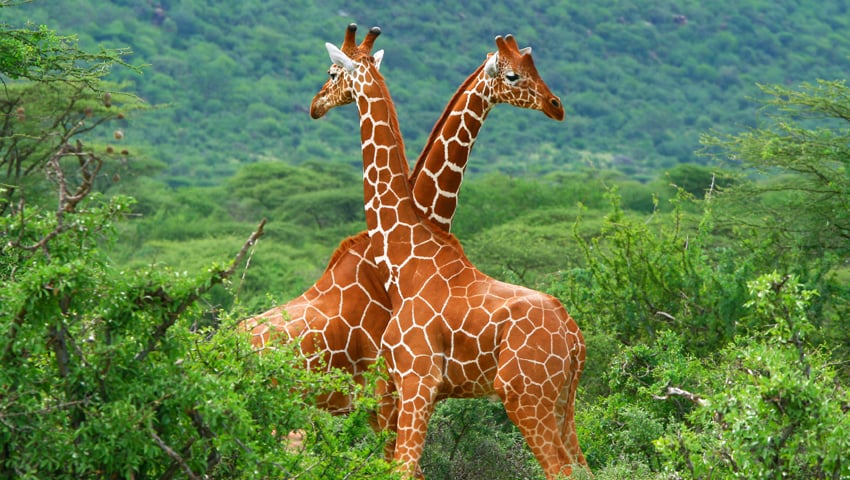Extracts from a piece by James Wan for African Arguments
NEW ANALYSIS shows that trustees at the four biggest conservation NGOs in the world are closely linked to the finance industry. This revelation into who governs influential and wealthy Western-based organisations has alarmed conservation specialists.
Writing for African Arguments, James Wan says that the organisation researched the backgrounds of the 111 individuals that sit on the boards of Conservation International (CI), The Nature Conservancy (TNC), the World Wildlife Fund-US (WWF-US), and the Wildlife Conservation Society (WCS). It found that just over half are associated with finance.
They range from the CEOs of investment banks to the directors of venture capital firms. Many of these figures are affiliated with global behemoths such as JP Morgan Chase, Goldman Sachs, and the Blackstone Group. Dozens more are from lesser-known finance companies that nonetheless manage up to hundreds of billions of dollars.
This is important because these four NGOs set the global conservation agenda in many ways. They work in over 100 countries and territories across six continents, running multi-million-dollar projects that cover hundreds of millions of hectares. They actively aim to influence national and global policy, and are a leading voice at multilateral forums like the UN.
Moreover, their teams of researchers develop tools and metrics – around biodiversity, water insecurity, land quality, deforestation, and more – that often end up defining the terms of conversations about conservation. As the WWF-US and CI put it themselves, their science “sets conservation priorities”. The Living Planet Index, established and managed by the WWF, for instance, is used to monitor progress on globally agreed biodiversity targets. CI boasts that its 1,300 scientific papers have been cited more frequently than those by academics at universities like Harvard, Yale, and Stanford.
It was also a former WWF Chief Scientist of nearly 25 years that lead-authored the widely referenced report that called for 30% of the world’s land to be turned into protected areas by 2030. This so-called “30×30” ambition – advanced by WCS, TNC, and CI – was eventually adopted by 190 countries at COP15 in December 2022.
The NGOs boast huge financial power. Collectively, the four organisations have an annual revenue of $2 billion, dwarfing the modest budgets of local, national, and even regional conservation groups. They have combined total assets worth over $11.6 billion, a figure higher than the annual GDP of 20 African countries.
This power imbalance is especially significant given that many local organisations vehemently disagree with the approach of the four NGOs.
In particular, many accuse these big organisations of engaging in “Fortress Conservation”. Critics say that this top-down, neo-colonial model works by dispossessing the indigenous people that have stewarded the land for centuries and replacing them with high fences, militarised guards, and luxury tourist resorts.
They say that this approach doesn’t work and often leads to human rights violations.
In the Republic of Congo, for instance, WWF and WCS have been accused of funding the abuse and evictions of the Bayaka and other rainforest tribes. In Kenya, investigations found that the Northern Rangelands Trust (NRT) – funded by TNC, CI, and WWF among others – has excluded pastoralist communities from their ancestral homes through alleged corruption, co-optation, and violence.
Highlighting the role of financiers in governing the big conservation NGOs and their mutual interests in the growth of financialised approaches to conservation does not imply conflicts of interest. African Arguments’ analysis does not make any allegations of impropriety by the trustees or NGOs examined, and the experts spoken to also did not make any such claims.
The finding does, however, illuminate an uneasy alliance at the very top of the conservation space.
The NGOs’ purported mission is to halt biodiversity loss, protect endangered species, and safeguard nature. The finance industry’s mission is profit – including from the financialisaton of conservation. African Arguments’ analysis shows how high-profile individuals from the latter now govern the former.
